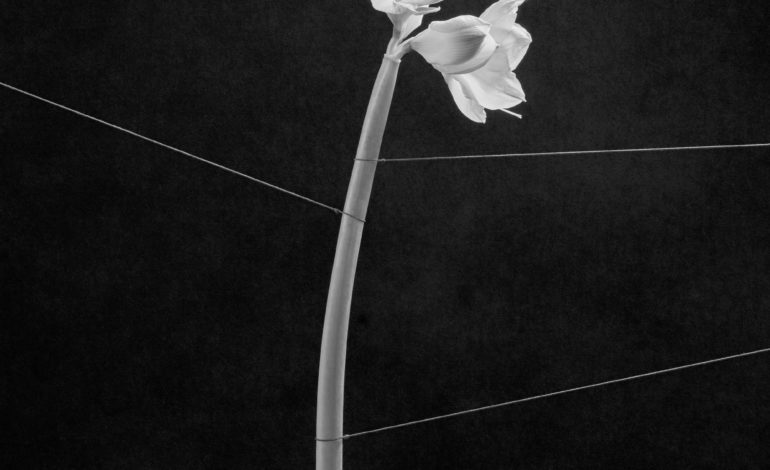

What Happens After Having Wandered Too Far into Dreamworlds
Copenhagen-based artist Trentemøller has been at his craft for the better part of twenty years at this point, blending all sorts of sounds. His ability not to stick to one thing only is apparent and truly awesome, and his lyrics follow after the footsteps of lovely lines in dead poems, while the voice of a dead poet resides on his lips. Possessing a Scandinavian soul, Resident Norden, fanatic fans and folksy folks could call him, has been integral in the arena shared amongst the minimal-techno kings of today’s music. He’s been leaning toward a more alt-indie sound currently, the intricacies of his productions sometimes filled with anything from ’80s-sounding melodies to ethereal energy provided by skyward-bound synths characterized by great ambiance.
Post-punk influences have made their way into his latest, Dreamweaver, an exploration of the entrancing environments between the darkest of dark-wave inclinations and that detached, distorted effect of the noblest noise. With “A Different Light,” a gentle guitar leads off in front of audiences, offering its music as this thing as bountiful as a bold-landing base hit. It’s not easy to tell who’s singing, and the poetics come punching immediately, and they do so in a dark way, as if they’ve been dwelling in caves constantly. The track’s something one would hear if Sleepy Hollow itself decided to get to harmonizing. Trentemøller himself, then, tries continuously to whisper something profound to the wind, and he’s giving his voice here for the loners sitting on that lone tree-trunk alongside the dying stream, manifesting everything. Listeners hear, “Heaven knows where loving goes,” and the message alone is enough to last, and they’re encouraged to let go over and over.
There’s hard work behind the production in “Nightfall,” it seems, but it does bore slightly, though it travels, as its singer states, “in a sleepless dream,” which listeners fall into. Its detachment is intriguing. Then there’s “Dreamweavers,” the plural of the album’s title—or, it could be said, the amplifier of it all. Reverb’s in use, attempting to leap and reach up into those lo-fi skies of sounds. This one is hazy-sounding, like a vintage vinyl searched for non-stop by a notable nomad. Moving through time and breaking upon new horizons, it’s groovy, and maybe even the Weeknd wouldn’t mind using it for his funky flow—there’s that sense of dance and that clap and snap of the song that would play naturally in any movie about space exploration.
“I Give My Tears” progresses interestingly. It’s made up of words that could be read off an epitaph, yet still so similar to something one hears a few songs before they first come across it. The poetry becomes lackluster by this point, and it’s bland. Trentemøller’s intentions become unclearer. Yet “Behind My Eyes” comes to wipe the tears, as it’s reminiscent of something out of the decade of the eighties, and perhaps it’s just that something to which Bruce Springsteen could’ve gotten down and dug. Surely it’s moody, and unfortunately it is in a way not charming. Soon the momentum is lost just as quickly as it was discovered. Trentemøller sings, “The dark will all be mine” in this one, and that’s true, since there isn’t much light possessed by it.
Dreamweaver started off swinging, but its sixth track, “Hollow,” identifies it overall quite well, its title the exact embodiment of what the music comes together trying to be. There’s almost nothing, after aiming for a greater status, and so it feels like it should belong as part of Moneyball’s score, or instead that in some other motivational flick. The outro contains white noise, practically. And the next one, “Empty Beaches,” might get listeners realizing that that’s precisely what all these songs collectively are: they feel like empty beaches during wintertime, both laughing goers and sunlight absent. Another glorious guitar brings attention to itself and somewhat saves, but its efforts ultimately don’t suffice.
Again, “In a Storm,” too, could’ve served Springsteen. It’s that something to play over a montage following the plotted-out desires of revenge-seeking high-school students in those certain pictures. The dearth of vocals makes everything boring now, though, and there’s no storm. “Winter’s Ghost” desperately wants to have been a piece written by Robert Frost, but its emotion-hoping becomes emotionless. Striving to be dramatic, not much at all is accomplished on Dreamweaver, and those kinds of realities don’t ever supply solace or closure.
